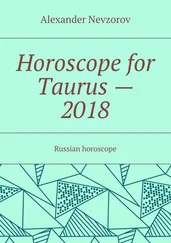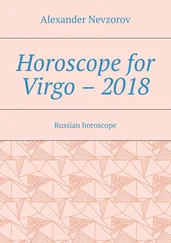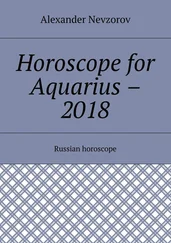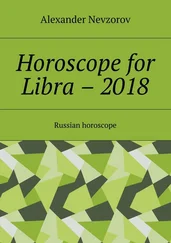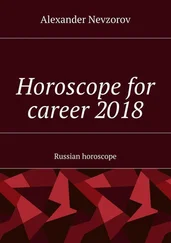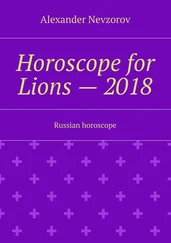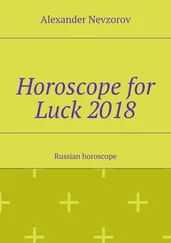There was a long silence after this, while Rado sat tapping his fingers on the small hotel table, lost in thought. Then he got up and left the room without a word. I never saw him again. The plane left next morning without him, and his hat, coat, and luggage remained in the hotel bedroom uncollected, mute evidence of a spy who had lost his nerve.
At six the next morning we took off again, and when we reached Teheran we were delayed for three days by bad weather. I spent most of the time with Myasnikoff, who was a much more entertaining roommate than poor Rado. He expressed his relief at having got out of the sphere of British influence with no difficulty. He confessed that he had been nervous, as he had ordered the shooting of a number of British officers as a reprisal for the execution of the commissars in Baku during the period of foreign intervention. He also said that he thought his past might be brought up against him as he, as high commissioner for the Urals, had ordered the execution of the Czar and the imperial family at Ekaterinburg against the strict orders of Lenin. He made no secret of his dislike for Stalin, whom he had known in Baku in the pre-Revolutionary days. At that time he was a brighter light in the Party than Stalin and on two occasions had had Stalin expelled from the Party for brigandage. This was a curious echo from that part of Stalin's less respectable past when, no doubt for the highest political motives, he had been engaged in several bank robberies in Georgia with his own small coterie who believed that brigandage was the best way to world revolution.
After a night in Baku, where we were met by the N.K.V.D., who got us through the customs and passport formalities with speed and ease, we took off for Moscow. We were to have been met in Baku by officials from the Centre, but they missed us, as we had changed planes at Teheran and they were waiting for the wrong plane.
When we had left Baku Myasnikoff got the pilot to send a signal to the airport to ask Molotov to send a car to meet him. (He was in fact met by one of the state Packards, but the grim faces of the escort made me think it unlikely that a very rosy future lay ahead for this man, one of the last veterans of the Revolution.)
At four o'clock on the afternoon of January 14, 1945, the plane touched down at the airport in Moscow. I was well and truly behind the Iron Curtain.
We had not landed at the main Moscow airport, but at one of the smaller ones on the outskirts of the city. In fact only as we were coming down was it possible to catch a glimpse of the capital. It appeared quite un- bombed and indeed untouched by war. Like most buildings in Moscow, the airport had a shabby air and the concrete waiting hall was unadorned by any decoration nor was it warmed by any central heating, which would have been welcome as it was bitterly cold with snow on the ground. The only gesture towards luxury was a small wooden booth selling fruit juice.
I was met by two characters, a man and a woman. The man was a nondescript individual whom I was never to see again. The woman, whom I knew as "Vera," was dressed as a major in the Red Army. Aged about forty, with raven hair, she must have been quite a beauty in her youth. She spoke fluent English, French, and German, so there was no language difficulty at all.
With her and her companion, or possibly it might be more suitable to call him chaperone, as his duties were purely those of an escort, we drove to 29 the 2 ndIzvoznia Ulitza, which was to be my home for the next eighteen months. This was a comparatively modern block of flats and, apart from myself, was occupied by the wives of generals who were away fighting at the front. In my flat, which consisted of a bedroom and a sitting room, I was introduced to Olga Pugachova, my housekeeper, her eight-year-old daughter, Ludmilla, and Ivan, my permanent interpreter who I was told would live with me. Interpreter, escort, guard, all in one. Olga was a pleasant woman, the widow of a lieutenant colonel in the Red Air Force. For a variety of reasons which will be explained later, I think she enjoyed her time as housekeeper. After the introductions we settled down to the usual banquet, which was ready and waiting for us in the flat.
At the banquet, attended by Vera and Ivan, no business was discussed, but when Vera left she said she would come again in the morning with a number of questions to which she would like the answers. She was as good as her word and turned up again the next morning with a list of questions as long as my arm. She was also considerate enough to bring along a nice new German typewriter on which I could write my answers. Before settling down to the questions we had a long discussion on the whole situation in general and Rado's mysterious disappearance in particular. Vera was perfectly au fait with the whole organisation of the network- and indeed knew more about the identities of some of the agents than I did. This was not surprising, since before she had been posted to the Centre she had been in Switzerland and in fact had been the resident director there before Rado. As a result she knew all of the pre-war sources not only by name but from personal experience. In addition to this, she was the officer who had run the Swiss network all through the war from Moscow and knew all our difficulties and all the various transactions, trials, and tribulations in which we had been entangled.
Vera finally left me with the list of questions, and after studying them I was, to say the least, far from happy. It was obvious from the tone of the questions that the Centre regarded me as an agent provocateur planted on them by the British. It was equally apparent that Rado's report (which had been telegraphed to the Centre about a fortnight after mine) gave quite a different version of the story. He had obviously stated that all our Swiss sources were either liquidated or compromised and that at least a couple of years should be allowed to elapse before any effort was made to revive either them or the network.
In the view of the director I had obviously been released by the Swiss police on British intervention, the British quid pro quo being that I would transmit to the Centre only such information as the British would supply, though attributing it to the various sources known to Moscow. The British object in all this being, of course, to hinder the advance of the Red Army by feeding them false information. Equally the director was certain that Rado had been conveniently "liquidated" in Cairo by the British to prevent his giving a different story to Moscow. I was by now comparatively inured to the Soviet conception of Allied co-operation, after my experience with Rado at the time he wished to go into hiding, but this fairly took my breath away. Fantastic as the whole thing was, the Centre obviously believed quite seriously that the British would, in the middle of a war when all the Allies were fighting for their lives, settle down to produce as complicated a plan as this, merely to deceive their allies. The whole conception could only have been bred in brains to whom treachery, double-crossing, and betrayal were second nature. It was, in the abstract, high farce; but, like so much farce, in the concrete it bordered on high tragedy as far as I was concerned. Unless I could clear myself I was obviously in for a very difficult period and might only too easily find myself against a wall as a British spy- which, regarded impersonally, was an interesting twist of fate, but which personally I regarded with the utmost disfavour. If, in addition to all this, Rado was tiresome enough to commit suicide and his body was fished out of the Nile or found in a Cairo back street, then the final factual coping stone would have been put to the elaborate structure of fancy erected by the Centre.
Читать дальше




